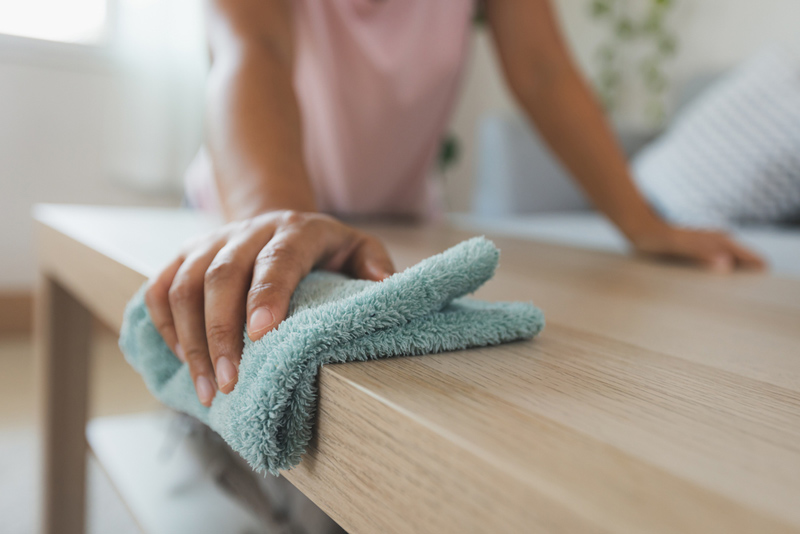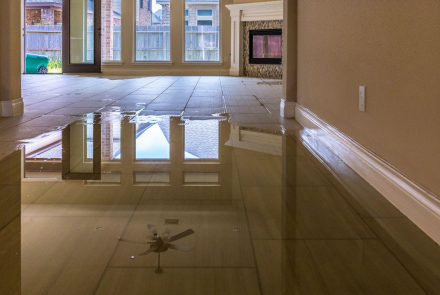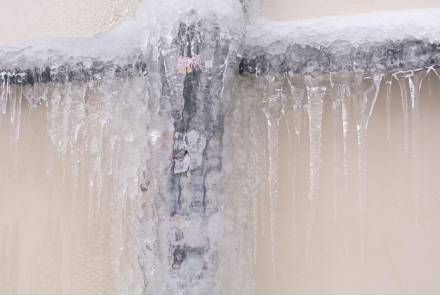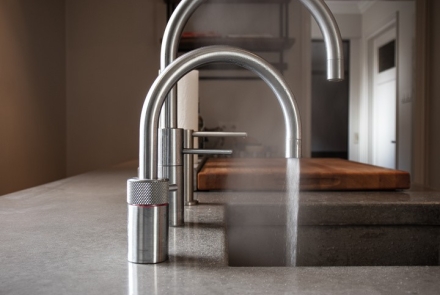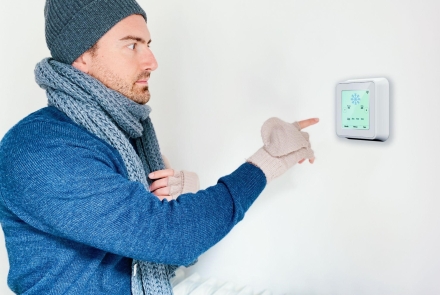Dust settles on the various surfaces throughout your home, but what is it? Dust is a combination of fine particles like pet dander, pollen, dirt, fibers, and even flakes of human skin. These particles can be unhealthy for your family to breathe in. It can even result in unwanted health symptoms like sneezing, a stuffy nose, and itchy eyes. If you're doing your best to keep dust in your home at bay to no avail, take a deeper look at the root cause of your issue.
Ineffective HVAC Air Filters
Your HVAC system has an air filter that removes unwanted particles from the air in your home. Unfortunately, not all air filters are the same. Cheaper air filters tend to have larger holes. These allow smaller particles like pet dander and dirt to flow through them.
This means that the collective dust recirculates throughout your home. A great first step to take to help reduce the amount of dust in your home is to invest in a higher-quality HVAC filter. Our HVAC professionals can help you find the best filter options for your home.
Leaky Windows and Doors
In a perfect world, the interior of your home would be completely sealed off to the outdoors. Unfortunately, there are many factors that can lead to leaks in your doors and windows over time. As more and more of these leaks develop, they can let in unwanted dirt and airborne debris. This can contribute to the excessive dust that you're experiencing throughout your home.
You can combat this issue by identifying your leaks and sealing them off. You can find these leaks by moving your hand around your doors and windows. If you feel a breeze or change in temperature, then you have a leak. Consider sealing it off with weather stripping or another sealing option.
Leaky HVAC Ductwork
Another contributor to excess dust in a home can be leaky ductwork. Overtime, your ductwork expands and contracts as the seasons change. This can cause it to pull apart. You may even notice some small holes developing in the exposed ductwork. As air flows through your ductwork, the negative pressure will cause it to suck in debris.
The best way to handle leaky HVAC ductwork is to get it sealed off by a professional. This includes foil taping any exposed leaks or broken joints. When you seal off those leaks, your ductwork won't be able to suck up any dust and other airborne debris in your home.
Call Us Today
If you're struggling with excessive dust in your home, then give us a call today. Our HVAC professionals can check to see what's causing your home's excessive dust. We can provide you with recommendations on how to handle your dust problem.

